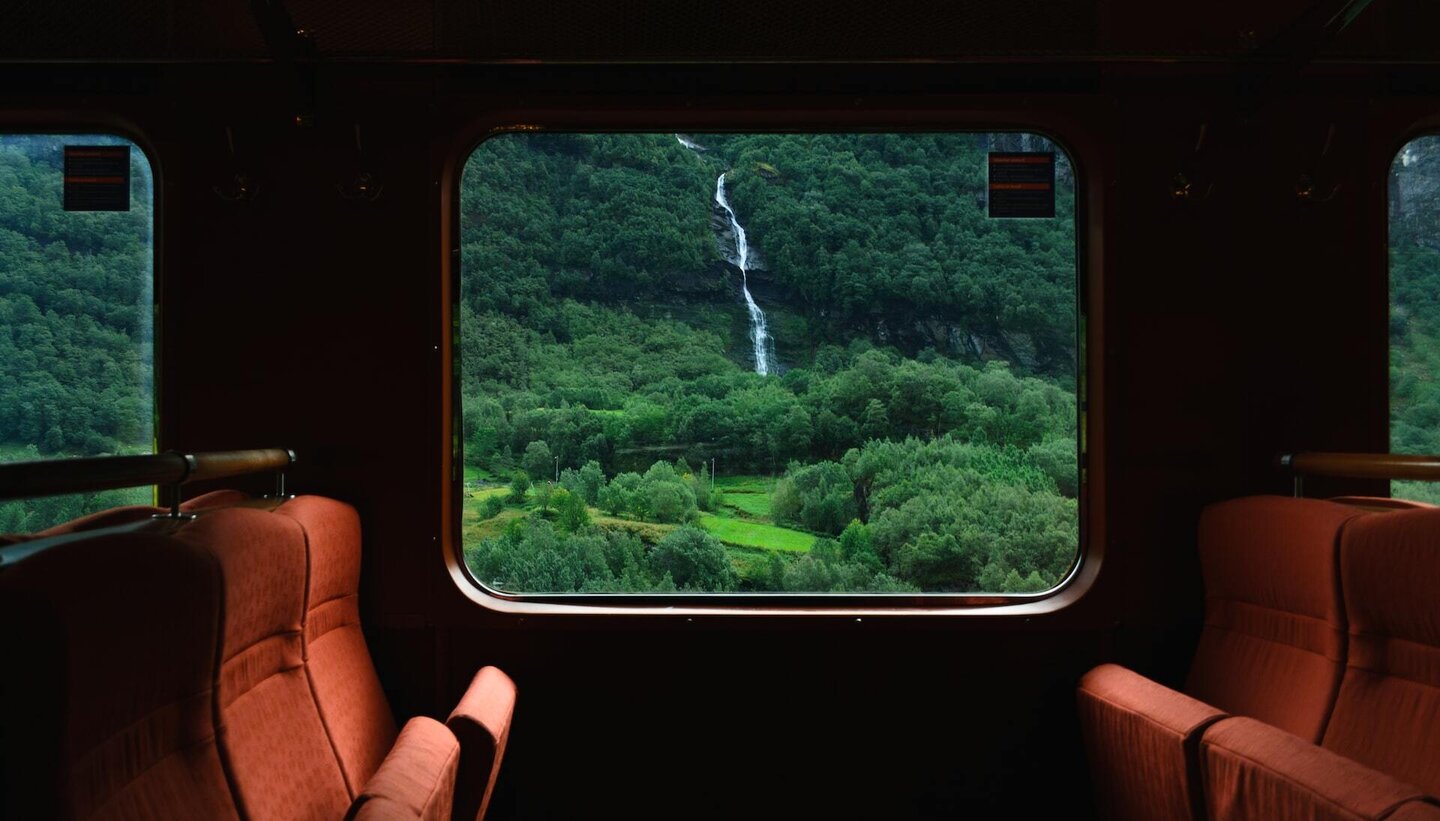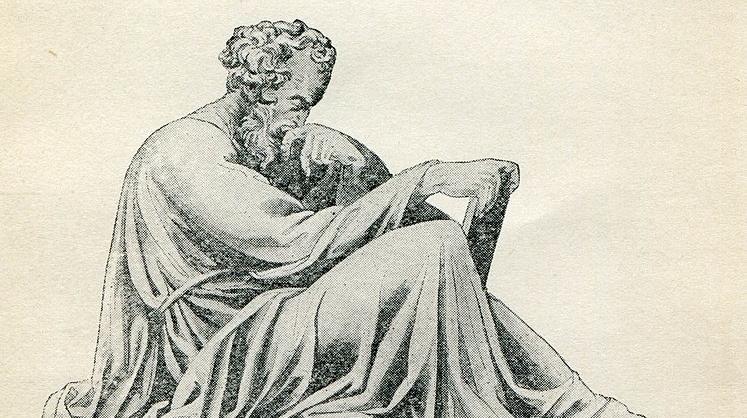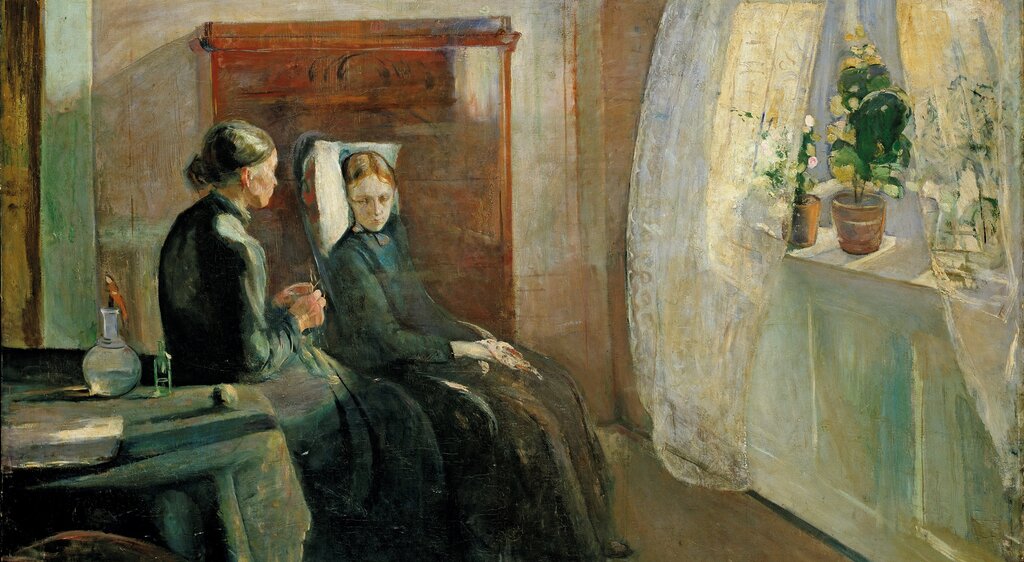The Self Abroad: How Solo Travel Shapes Our Sense of Identity
I’ve previously written about the Stoic perspective on travel (see here and here), which includes the idea that our strong impulse to travel often comes from a desire to escape the self (which is doomed to fail). Our discontent about who we are can be refashioned, unconsciously, as discontent about where we are. We avoid…
View Post



